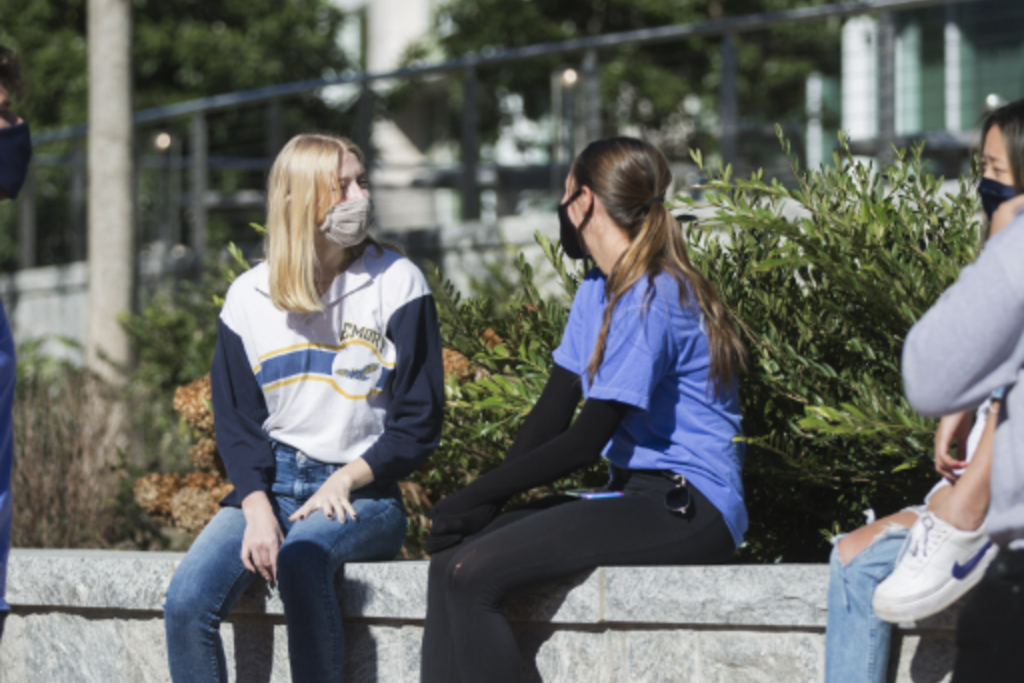Volunteer Opportunities
The legacy of giving back starts with you.
Thank you to our volunteer family. From amazing board members to fundraisers and student mentors, Emory volunteers power our institution, and we’re grateful for you. Your contributions matter.
Volunteer Your Way
Emory alumna encourages other alumni to be a part of the solution.
Emory volunteers are diverse, influential and interesting. Find opportunities that fit your lifestyle, no matter how much time you have or where you are. Emory volunteers around the world engage in multiple ways. Join us for the satisfaction and fun of giving back.
First-Time Volunteers: It’s time to get involved
Returning Volunteers: Find a deeper way to engage.
Why I’m an Emory Volunteer
Programs & Groups
Volunteer opportunities at Emory give you multiple ways to engage. Choose one that fits your skills and interests and bring a friend along.
Questions? We have answers.
Wondering where to start or how to step up your volunteer experience? We are here to help.


